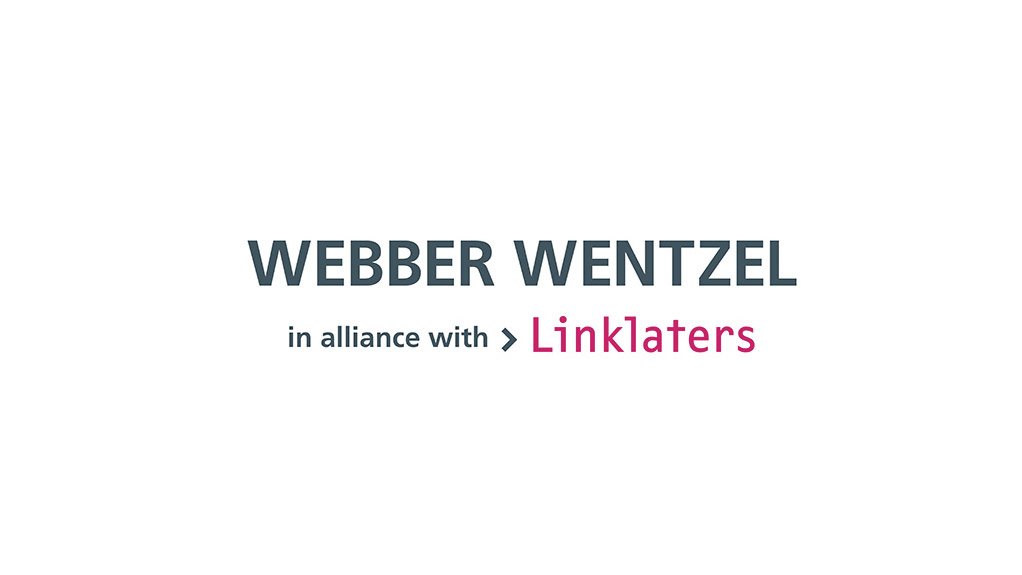Due to the nature of mining operations, mining companies have been dealing with the intersection of environmental, social and governance issues before ESG became a commonplace term. Environmental and social safeguards have been in place for mining activities for some time, including legal protections against ESG-type risks.
However, recently there has been pressure globally by investors to place ESG at the forefront (with the links between ESG factors and financial performance increasingly being recognised), and for corporates to integrate ESG considerations into decision-making and operations. Mining companies are therefore under more scrutiny than ever before.
Novel litigation risks
Activist groups are formulating novel litigation claims to hold corporations to account. Whilst these claims are not always successful, they affect stakeholder perceptions of the company and the company's reputation. Claims are being initiated based on a wide range of actions, including human rights law, disclosure obligations, directors’ duties, statutory duties of care, administrative law, criminal law, and the law of delict.
Businesses and governments alike have been taken to court in highly-publicised matters related to climate change, target setting, parent company liability and lender liability for environmental harms, public statements regarded as 'green washing', flawed environmental and other public approvals as well as overarching governmental policies.
While litigation in the 'greenwashing' space has taken centre stage, it has highlighted the risks of other types of colourwashing, e.g. 'pinkwashing' (the extent of gender equality within the organisation) or 'rainbowwashing' (the extent of support for the LGBTQ+ community in the workplace).
There are also risks of ESG class action suits being instituted against mining companies over legacy issues, disasters, respiratory and other health issues.
Responsible sourcing
In their supply chain management, mines are experiencing growing international pressure to use responsibly sourced minerals, with the lowest carbon footprint. Human rights violations and broader consideration of ESG issues must cascade through and across a company’s entire value chain, not only its own operations.
Global expectations are now focused on supply chain due diligence assessments, particularly where companies are seen to be able to leverage influence over their supply chain partners or business relationships. Internationally, this form of due diligence is now becoming mandated by law. This is especially significant for mining companies who often rely on contractors for various goods and services, or who fall within another company’s supply chain.
Directors’ duties and governance (including disclosures)
The legal landscape is evolving to recognise a wider scope of directors' duties, which now include giving adequate consideration to climate change risks and impacts. Statutory duties of care relating to environmental impacts already exist in environmental legislation and these duties are recognised under general company law principles.
Boards of mining companies are facing heightened scrutiny on the standard of care to be exercised on issues arising from ESG impacts and this is growing. We have seen increased scrutiny by regulators and stakeholders of governance structures. We have also seen issues such as directors’ remuneration being linked to ESG considerations. Shareholder activism has been increasing, in line with global trends. Directors of mining companies (and arguably prescribed officers in certain circumstances) are increasingly being held liable for ESG risks.
From a reporting and disclosure perspective, the regulatory landscape is evolving in line with international best practice. Stakeholders, including the JSE, are increasingly interested in a company's ESG performance, which is viewed as having an impact on a company's value. Stakeholders are demanding transparency from corporates, especially mines and their holding companies (and particularly where they operate in conflict-sensitive or conflict-affected jurisdictions), on ESG strategy and performance.
Mining companies' treatment of historical legacy issues is being scrutinised by regulators and other stakeholders. Inadequate management of legacy issues could also lead to directors' liability.
Improvement of 'Social Licence to Operate' (SLO)
Obtaining and keeping the SLO has long been rated as a major risk for mining companies. There have been several cases in recent years that expand the duty to consult with host communities (and in some circumstances obtain their consent). Legislative amendments in this area are likely to follow.
Improving community relations and having a strategy to ascertain community expectations as well as broader stakeholder expectations is a critical component of obtaining and maintaining an SLO. This starts with stakeholder mapping and knowing and understanding the communities in which mines operate.
One of the considerations for an SLO is sustainable mine closure, which includes a social component or 'social closure'. This concept involves looking at the closure of a mine from an iterative, social perspective, ensuring that when the mine closes, the social impacts are lessened. This ties in with various other parts of ESG, such as (i) local development in mining projects; and (ii) diversification.
Conclusion
There is an interplay between global ESG standards and regulations on the one hand, and domestic ESG policies and regulations on the other hand. Mining companies have to be alert to the international, national and regional application and contexts in which they operate, and ensure that they are meeting and even exceeding the expectations of their regulators, financiers and stakeholders.
Written by Garyn Rapson, Partner, Nomsa Mbere, Partner, Jaqui Pinto, Senior Associate, Paula-Ann Novotny, Senior Associate & Dalit Anstey, Knowledge Lawyer from Webber Wentzel
EMAIL THIS ARTICLE SAVE THIS ARTICLE ARTICLE ENQUIRY
To subscribe email subscriptions@creamermedia.co.za or click here
To advertise email advertising@creamermedia.co.za or click here











